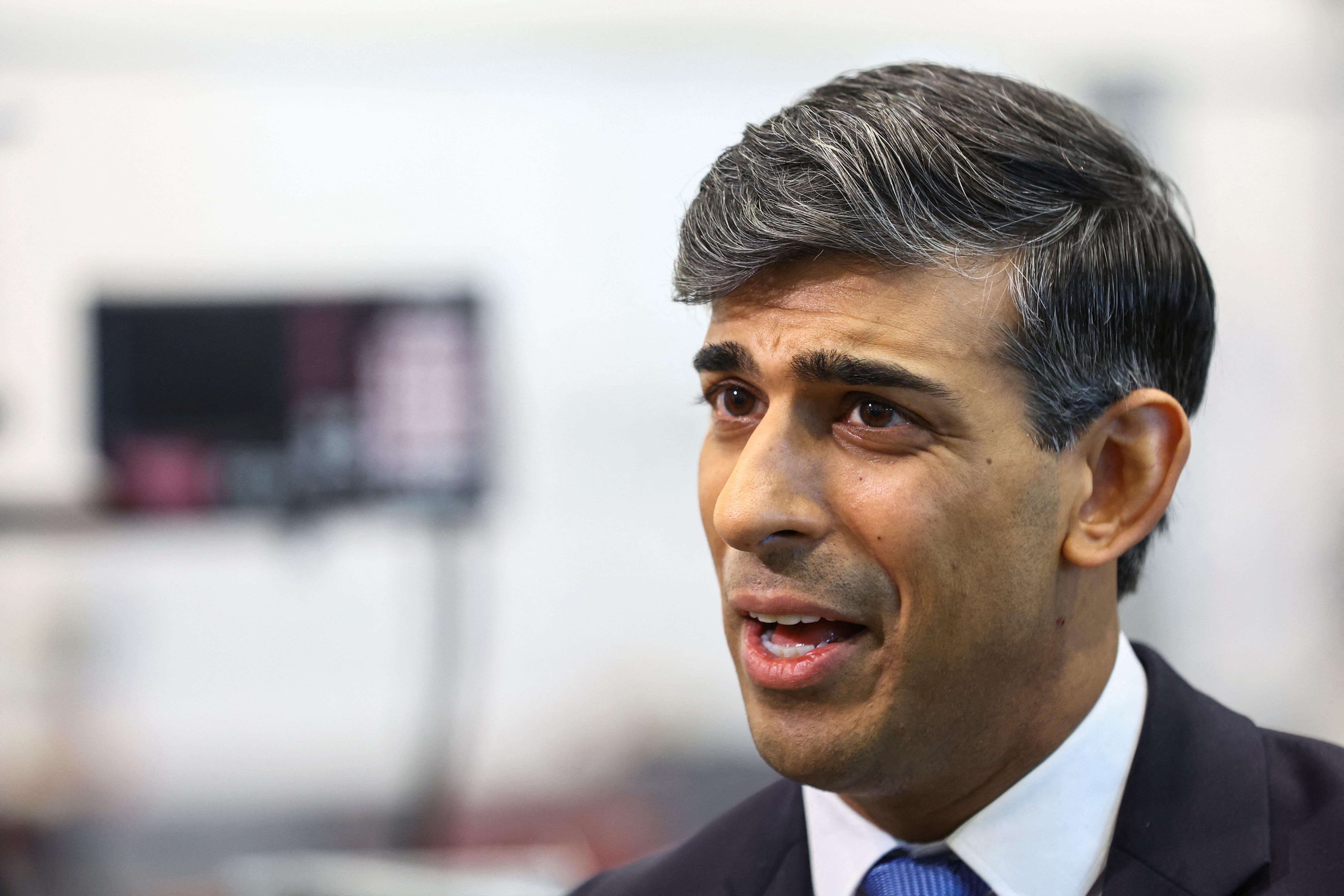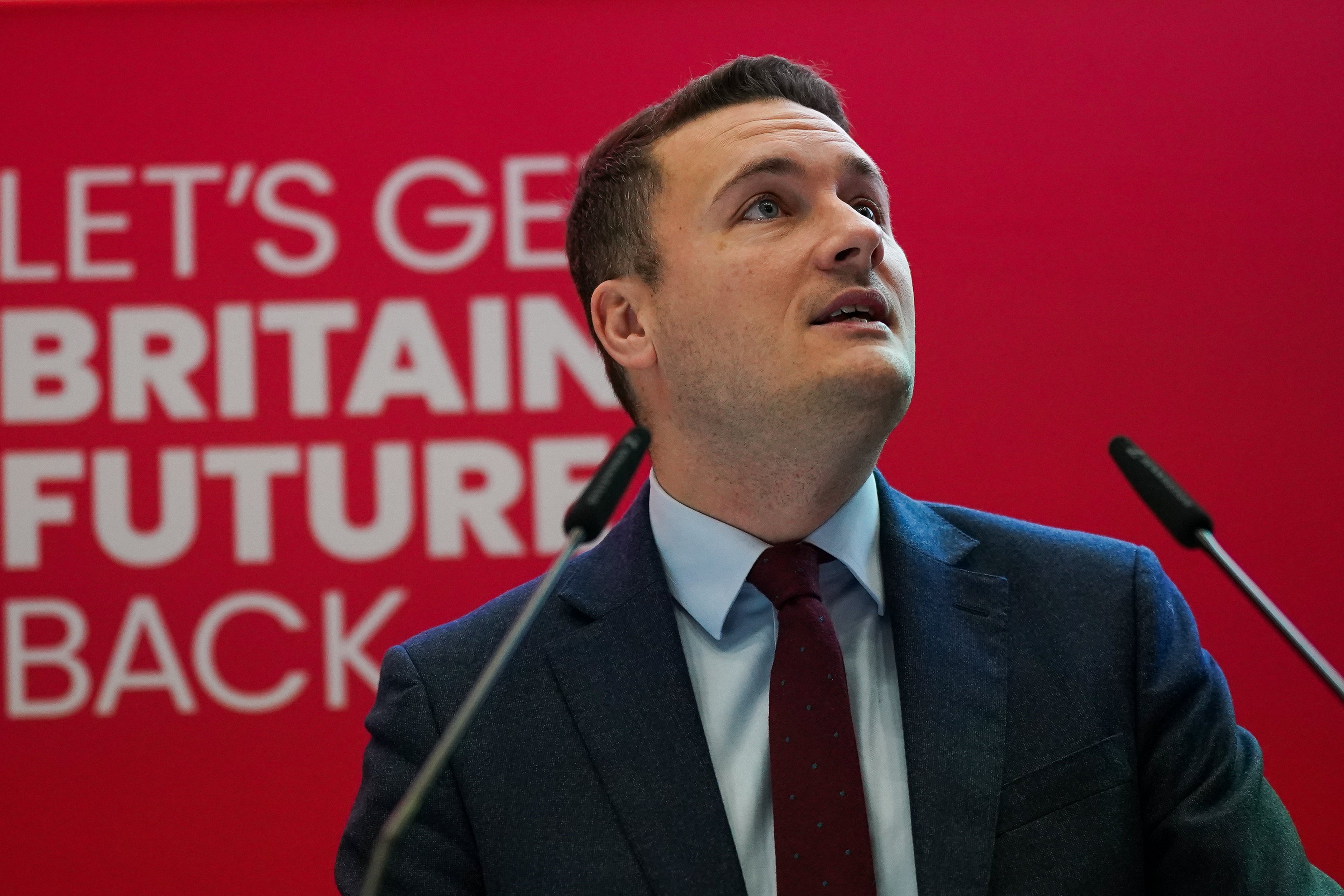Public satisfaction with the NHS at record 40-year low
‘Changing the model of the NHS is not something the public wants – they just want the model they have got to work’ say NHS think tanks
Poor access to GPs and long waits for hospital treatment have led to public satisfaction with the NHS hitting the lowest level since records began in 1983, new figures show.
Fewer than one in four people were satisfied with the health service in 2023, compared to 29 per cent in the previous year, according to findings from the British Social Attitudes poll.
The annual study, of 3,374 people in England, Wales and Scotland, is seen as the gold-standard test of how people feel about the NHS.
For 2023 it found satisfaction with the NHS peaked in 2010, when 70 per cent of people said they were satisfied with the health service. Since 2020, satisfaction has fallen by 29 percentage points.
Despite record low satisfaction levels, the majority of the public, 91 per cent, believe in the founding principles that the NHS should be free of charge when people need to use it.
Four-fifths agreed the NHS should be primarily funded through taxes and the same proportion agreed it should be available to everyone.
The main reasons for dissatisfaction in the NHS are waiting times for GPs and hospital appointments - 71 per cent. This was followed by staff shortages, and then the government not spending enough money on the NHS.
The survey found that 34 per cent of people were satisfied with GP services in 2023, the lowest level of satisfaction recorded since the survey began. Some 41 per cent were dissatisfied. Since 2019, satisfaction with GP services has fallen by 34 percentage points.
There were also problems with dentistry, with a record low satisfaction level of 24 per cent and a record high dissatisfaction of 48 per cent.
A report on the poll by think tanks The King’s Fund and Nuffield Trust, found: “A decade of squeezed funding and chronic workforce shortages followed by a global pandemic has left the NHS in a continual state of crisis”.
In a marked change, Conservative supporters reported only marginally higher levels of satisfaction with the NHS than Labour supporters in 2023 - 29 per cent versus 24 per cent. Levels of dissatisfaction were similar across supporters of both parties.
When asked what the most important priorities for the NHS should be, the top two were making it easier to get a GP appointment, 52 per cent, and increasing the number of staff in the NHS 51 per cent. Improving waiting times for planned operations and in A&E were chosen by 47 per cent and 45 per cent of people respectively.
Meanwhile, public satisfaction with social care has fallen to 13 per cent, the lowest level since the survey began.

The King’s Fund and the Nuffield Trust sponsor the health and care questions in the poll, which is carried out by the National Centre for Social Research (NatCen).
Their analysis report said: “Despite record lows in satisfaction, the public remains overwhelmingly behind the principles of the NHS.
“The last few years have seen large falls in satisfaction but support for the founding principles behind the NHS – free at the point of use, available to everyone, and primarily funded through taxes – has remained constant.
“Changing the model of the NHS is not something the public wants – they just want the model they have got to work.”
Dan Wellings, senior fellow at the King’s Fund, told a briefing the “results are bleak, but should not be surprising after a year of strikes, scandals and sustained long waits for care.”
He added: “With the health service increasingly unable to meet the expectations and needs of those who rely on it, public satisfaction with the NHS is now in uncharted territory.
“Ahead of the upcoming general election, political leaders should take note of just how far satisfaction with this celebrated public institution has fallen.”
When it comes to funding and priorities, 84 per cent of people polled said they thought the NHS had a major or severe funding problem.
Regarding Government priorities and NHS spending, 48 per cent of people thought ministers should “increase taxes and spend more on the NHS”, 42 per cent chose “keep taxes and spending the same”, while 6 per cent chose “reduce taxes and spend less on the NHS”.
People with the most monthly income were more likely to choose “increase taxes and spend more on the NHS”.

Labour shadow health secretary, Wes Streeting, said: “After 14 years of Conservative neglect, the NHS has never been in a worse state.
“Fewer than one in every four people say they are getting a good service, and who can blame them?
“Patients are waiting 18 months for an operation, more than a month for GP appointments, and NHS dentistry barely exists anymore. The longer the Conservatives are in office, the longer patients wait.”
Dr Victoria Tzortziou-Brown, vice chair of the Royal College of GPs, said: “It is always distressing and disheartening to see patient satisfaction with general practice, and the NHS more widely, continue to fall. Unfortunately, we simply do not have enough GPs to keep up with the increasing need for our care.”
She asid GPs and their teams were “being stretched to breaking point” and delivered almost 32.5 million appointments in January – 4.7 million more than in January 2019 - despite having 3 per cent less GPs.
A Department of Health and Social Care spokesperson said: “We are fully committed to a faster, simpler and fairer NHS, free at the point of need. That’s why we are providing the NHS with record funding of nearly £165 billion a year by the end of this Parliament, an increase of 13 per cent in real terms compared to 2019.”
The statement added it is “making good progress in cutting waiting lists in England” despite winter pressures and industrial action and it has backed the NHS’ long term workforce plan with more than £2.4 billion.
This article was updated with a comment from the DHSC
Join our commenting forum
Join thought-provoking conversations, follow other Independent readers and see their replies
Comments
Bookmark popover
Removed from bookmarks